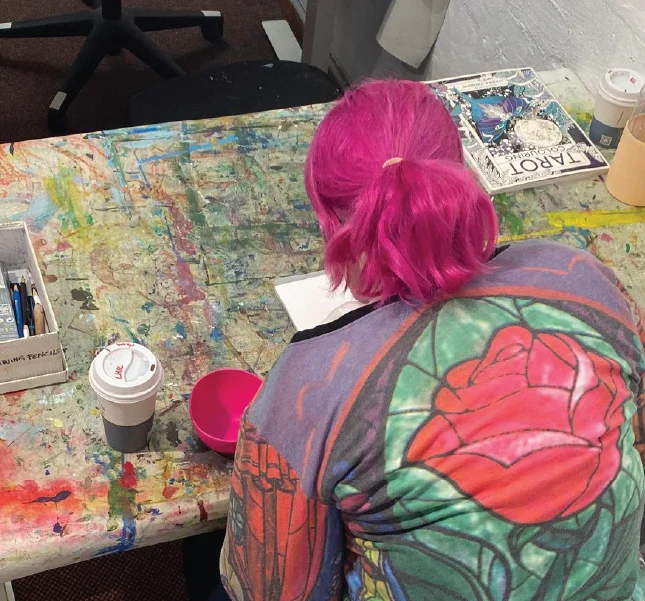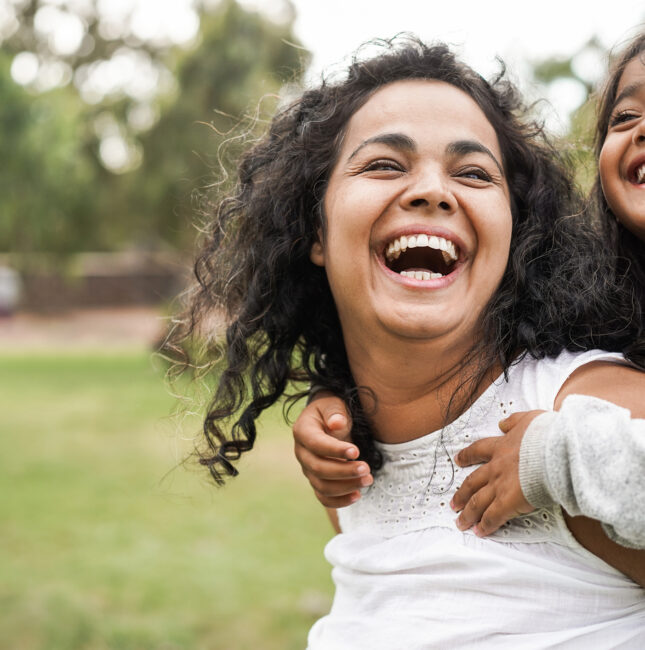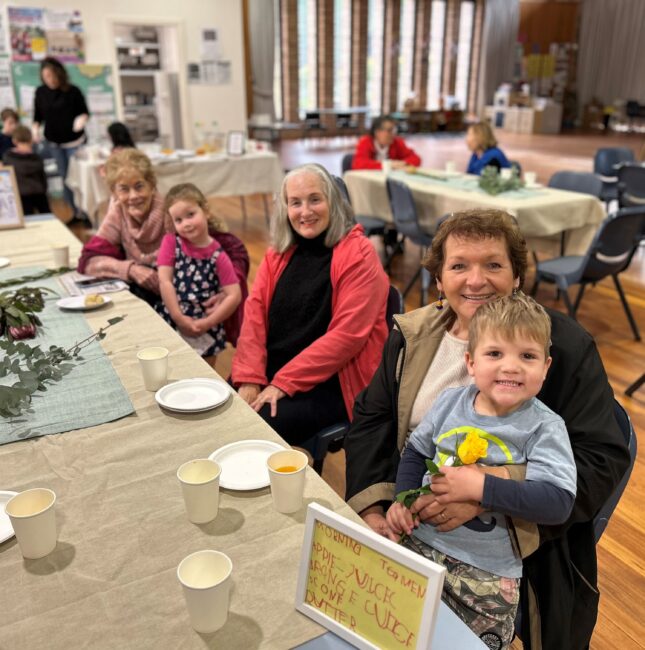Can you open your heart and your home to a child in need?
November 5, 2020
It has been a hard couple of years. On the back of the worst drought the country has experienced in living memory, we entered a catastrophic bushfire season. We managed, helped where we could, sent money (even water) and eventually the fires went out and we began to rebuild. Then a pandemic hit! The frail and old started to suffer and fear gripped our communities. Social isolation and financial uncertainty became a reality for many of us as the country began to shut down.
How did we respond? We helped where we could. We socially distanced, we checked in on our friends and family over video link and visited our grandparents through glass windows to keep them safe. Even the banks helped. The banks!
This is what we do in the face of hardship, when we learn that our neighbours are struggling. We step in. Time and time again.
A struggle that rarely makes news headlines is that of children and young people in our community who are suffering. Many have been through experiences few of us could begin to fathom and who, without our help, will go through childhood without the love and support of a family.
Consider this scenario … a 12 year old girl wakes in the night to sound of her mother crying. She is tense and alert. There is shouting and the noise of violence. She comforts her younger brother who is trembling at the foot of his bed, tucking him back under his blankets before swallowing her fear and leaving the faux safety of her bedroom in search of her mother. She finds her, bruised and weeping on the kitchen floor, a victim of domestic violence. While she is doing her best to help her mother, Police and Child Protection Workers arrive and she is taken to an emergency carer’s house with her brother. Unbeknownst to her, this will be the last she sees of her mother for two years.
This scenario describes a typical entry of a child into the Statutory Out of Home Care system. The children enter care after suffering, often for many years, from abuse and neglect and the impact from this trauma can be lifelong. These children and young people are more likely to end up in the youth justice system and have far poorer education and health outcomes. They will likely enter a cycle of social disadvantage that is difficult to escape.
We need to help. So, what can we do?
At any given time, there are dozens of children across our Diocese who require foster care. At times these children are housed in emergency motel style accommodation due to the shortage of foster carers. CatholicCare and our amazing foster carers provide essential support, care and stability for these children and young people affected by abuse and neglect, to enable them to recover and thrive.
We are looking for everyday families who might consider taking a child or young person into their home – to love and support them – whether for one or two nights, a few weeks, months or long-term.
Is this easy? No it’s not. Caring for those in need requires you to give of yourself but CatholicCare will be there with you each step of the way.
CatholicCare foster carers receive:
- A financial allowance to assist with the day-to-day needs of the child/young person which covers day-to-day expenses for the child such as food, clothing and education.
- Participation in the process to match children with families.
- Comprehensive on-going training and counselling.
- A dedicated Case Manager and 24/7 support.
- Social functions and events, and more.
Our team would be happy to meet with you to talk more about the needs of children in care. Call (02) 4320 7777 or visit www.fostering.org.au
CatholicCare’s Permanency Support Program has been providing care and protection of children and young people who are unable to live with their own family for over 20 years. Partnering with our amazing community of dedicated foster carers and our therapeutic support teams, we care for up to 90 children and young people across the Diocese at any given time.
We guide victims toward healing from the legacy of abuse and neglect. We offer life choices to those who have previously had none. We see children and young people restored to family, transition into the permanent guardianship of carers who love them and count them as their own, move into full-time employment, independence and graduate from school. We help restore dignity to parents and family members who have lost connection with their children and help re-establish the foundation of families.
We are the difference in the life of a child. And you can be too. Please reach out if you can help.
More news stories like this one
My mental health can’t hold me back
“My mental health can’t hold me back from my art,” says Hannah who attends Boonah Creative Arts Centre.
Read MoreOur annual report is a series of inspiring stories
Our incredible teams continued supporting, educating, encouraging, equipping and advocating for our clients this year. The many testimonies and case studies in this annual report serve to highlight how incredibly well they did this work.
Read MoreGenerations connect over juice and scones
After watching the show ‘Old People’s Home for 4 Year Olds' we looked at how we could do something similar in our community. We knew that many of our families had grandparents who lived a long way away and they would benefit by having that intergenerational connection.
Read More


